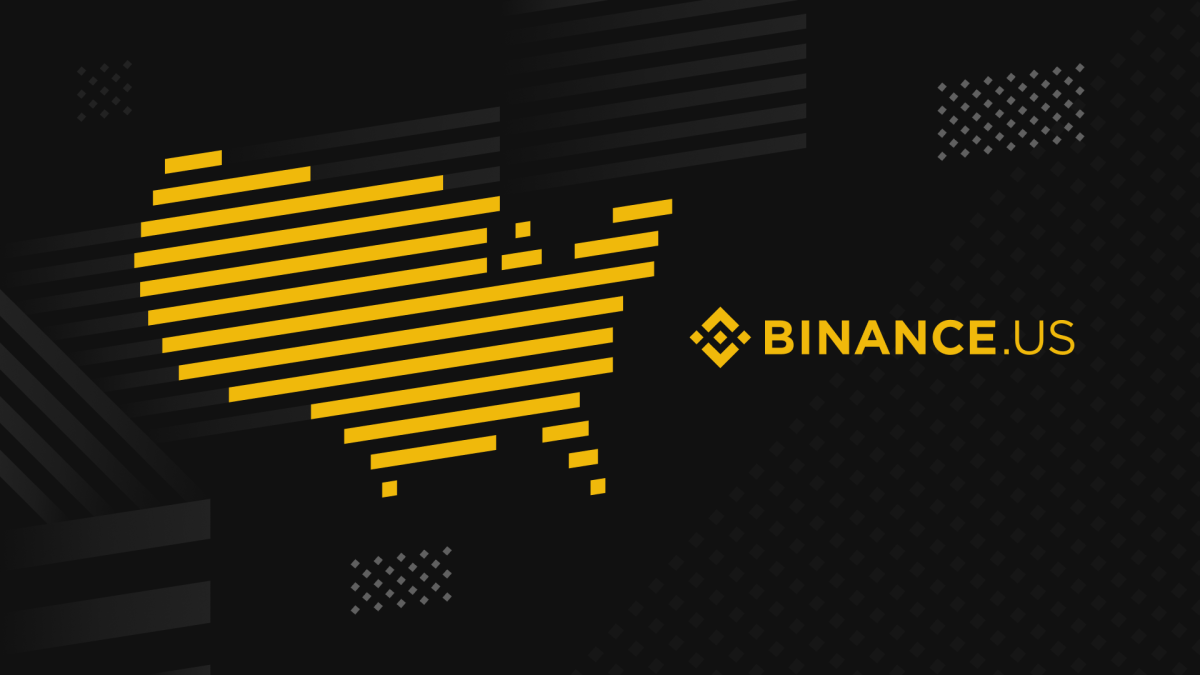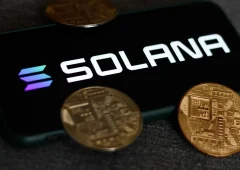Court Allows Binance US to Invest Customer Funds in Treasury Bills
20.07.2024 14:00 1 min. read Alexander Stefanov
A US court has approved Binance US's request to invest customer fiat funds held at BitGo into US Treasury Bills.
The exchange plans to invest around $40 million in $10 million increments over four weeks through TreasuryDirect.
Judge Amy Berman Jackson granted this on July 19, ensuring Binance US maintains sufficient funds for customer withdrawals and updates its terms to notify users.
The court also allowed Binance US to hire third-party investment advisors for managing corporate assets and to transfer custodied assets to an unaffiliated third-party custodian in the US.
The firm must ensure that the new private keys are controlled by US-based employees or the third-party custodian and verify that the advisors are not associated with Binance Entities. This comes as Binance US faces ongoing legal challenges with the SEC.
Meanwhile, Binance assisted the FBI in San Diego in recovering $2.5 million in USDT from a “pig butchering” scam. These scams involve fraudsters gaining victims’ trust online and convincing them to invest in fraudulent crypto schemes before stealing their assets.
The US Department of Justice reported that such scams led to over $2 billion in losses in 2022.
-
1
Weekly Recap: Key Shifts and Milestones Across the Crypto Ecosystem
06.07.2025 17:00 4 min. read -
2
Trump Imposes 50% Tariff on Brazil: Political Tensions and Censorship at the Center
10.07.2025 7:00 2 min. read -
3
Key Crypto Events to Watch in the Next Months
20.07.2025 22:00 2 min. read -
4
USA Imposes Tariffs on Multiple Countries: How the Crypto Market Could React
08.07.2025 8:30 2 min. read -
5
UAE Regulators Dismiss Toncoin Residency Rumors
07.07.2025 11:12 2 min. read
Two Upcoming Decisions Could Shake Crypto Markets This Week
The final days of July could bring critical developments that reshape investor sentiment and influence the next leg of the crypto market’s trend.
Winklevoss Slams JPMorgan for Blocking Gemini’s Banking Access
Tyler Winklevoss, co-founder of crypto exchange Gemini, has accused JPMorgan of retaliating against the platform by freezing its effort to restore banking services.
Robert Kiyosaki Warns: ETFs Aren’t The Real Thing
Renowned author and financial educator Robert Kiyosaki has issued a word of caution to everyday investors relying too heavily on exchange-traded funds (ETFs).
Bitwise CIO: The Four-Year Crypto Cycle is Breaking Down
The classic four-year crypto market cycle—long driven by Bitcoin halvings and boom-bust investor behavior—is losing relevance, according to Bitwise CIO Matt Hougan.
-
1
Weekly Recap: Key Shifts and Milestones Across the Crypto Ecosystem
06.07.2025 17:00 4 min. read -
2
Trump Imposes 50% Tariff on Brazil: Political Tensions and Censorship at the Center
10.07.2025 7:00 2 min. read -
3
Key Crypto Events to Watch in the Next Months
20.07.2025 22:00 2 min. read -
4
USA Imposes Tariffs on Multiple Countries: How the Crypto Market Could React
08.07.2025 8:30 2 min. read -
5
UAE Regulators Dismiss Toncoin Residency Rumors
07.07.2025 11:12 2 min. read


